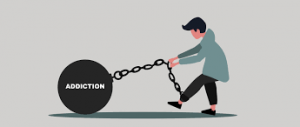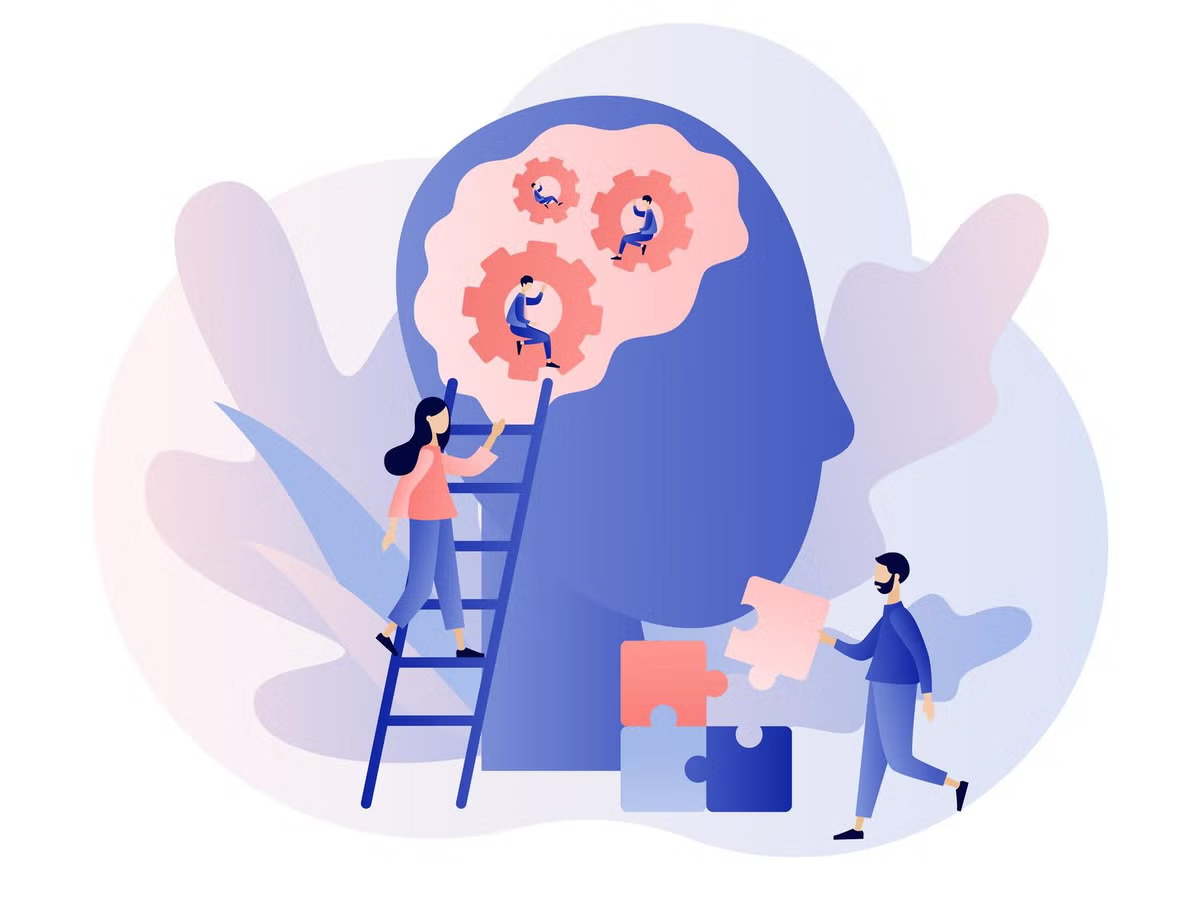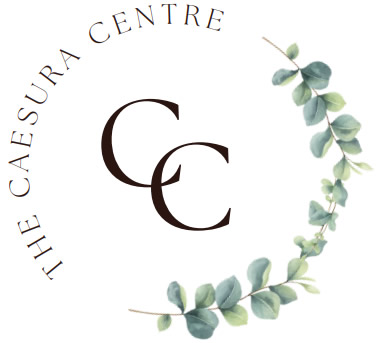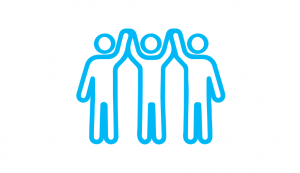
In the often difficult journey of addiction recovery, therapy stands as a beacon of hope. It is there, illuminating the path to healing and wholeness. Addiction may initially seem like a battle, fought on the surface level of behaviour and substance use. However, its roots often run much deeper, entwined with complex emotional wounds and psychological struggles.

There are many benefits that therapy offers in the rewarding process of overcoming addiction:
Uncovering Underlying Trauma: Addiction is frequently intertwined with past trauma, whether it be childhood abuse, neglect, or other adverse experiences. Therapy provides a safe and supportive space for individuals to explore these painful memories and their impact on their present-day struggles. By processing and integrating these experiences, individuals can begin to heal the wounds that fuel addictive behavior.
Identifying Triggers and Coping Strategies: Therapy equips individuals with invaluable tools for navigating triggers—those internal and external cues that can precipitate cravings and relapse. Through cognitive-behavioral techniques, mindfulness practices, and emotion regulation skills, individuals learn to identify triggers and develop healthier coping strategies to manage them effectively.
Addressing Co-Occurring Mental Health Issues: Addiction often coexists with other mental health disorders such as depression, anxiety, or post-traumatic stress disorder (PTSD). Therapy offers a comprehensive approach to addressing these underlying issues, empowering individuals to manage their symptoms and reduce the likelihood of self-medication through substance use.
Rebuilding Self-Esteem and Self-Compassion: Addiction can take a devastating toll on self-esteem, leaving individuals feeling unworthy and undeserving of love and care. Therapy provides a nurturing environment for individuals to cultivate self-compassion and rebuild their sense of self-worth. Through positive reinforcement and self-affirming exercises, individuals can learn to recognize their inherent value.
Enhancing Relationship Skills: Healthy relationships are fundamental to sustained recovery, yet addiction often undermines interpersonal connections, leading to isolation and distrust. Therapy offers a space for individuals to explore and improve their relational skills, fostering empathy, communication, and boundary-setting. By strengthening their connections with others, individuals find support and accountability on their path to recovery.
Identifying Meaning and Purpose: Addiction can strip life of its meaning and purpose, leaving individuals feeling adrift and devoid of direction. Therapy helps individuals reconnect with their values, passions, and aspirations, guiding them toward a life of fulfillment and authenticity. By rediscovering what truly matters to them, individuals find renewed motivation and inspiration to pursue their goals and dreams.




